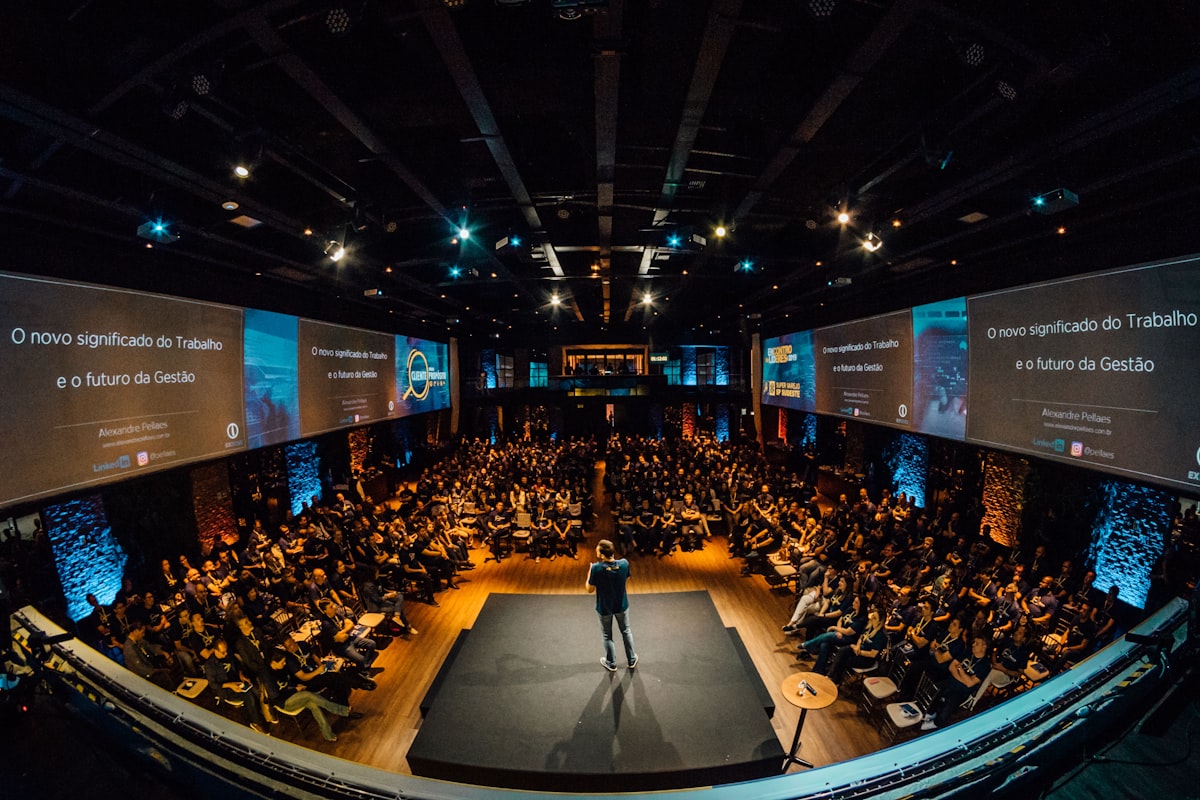Who's Your Audience?
Every writer writes for an audience. Who is yours?

During a random YouTube binge the other day, I stumbled across this gem of a question hidden in one of Adam Savage's videos:
"When you're talking to the camera, do you picture someone on the other side? In your mind, who are you talking to?" – Tyler Vigeant
Adam Savage, at this point in his life, is probably best known for his work on Mythbusters, but even before then had a wealth of experience in the film industry and as a maker. He is an individual who possesses such depth and talent in his craft.
And yet, when he explains things in his videos, he's figured out how to explain his thoughts and plans in a way that most people will understand. Even during Mythbusters, so much care and consideration went into explaining their thought process or how something works.
For Adam, he pictures his partner on the other side of the camera. He focuses on the things that move him – his hopes and dreams and how his life changed that day – and takes a moment to breathe as he's speaking so he doesn't overwhelm his partner with a deluge of information.
This really clicked in my head a few years ago while having to explain a critical defect at work. In order to get this issue fixed as soon as possible, I needed buy-in from several different people within the organization. Each person had a different background; our Service stakeholders don't have the same technical or business expertise as, say, our developers.
As the one communicating, it's your sole responsibility to communicate in a way that your audience will understand. Not doing this is not communication – it's talking at someone. At best you'll get confused looks or people ignoring you, but at worst someone will misunderstand what you're trying to convey.
Everyone's audience is different. Every time you communicate, your audience will be different. Your audience when you journal is for yourself. Your audience when you're speaking at work is different, just as it is when you're with your friends, on stage giving a presentation, or writing something online.
Communication is hard. Think about your audience before starting, and you'll make it a bit easier for everyone involved.